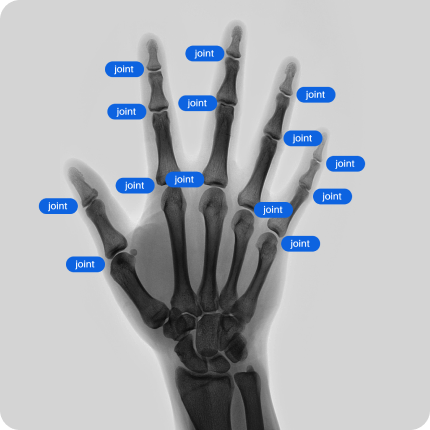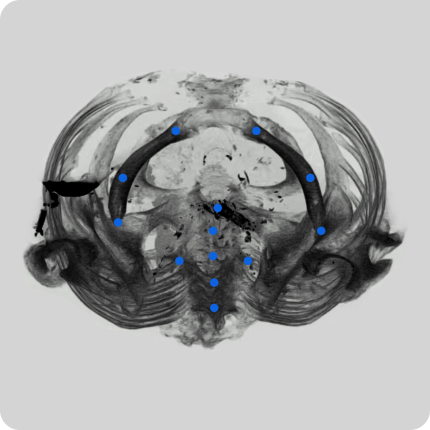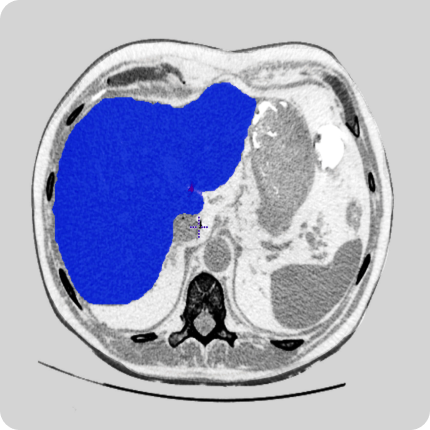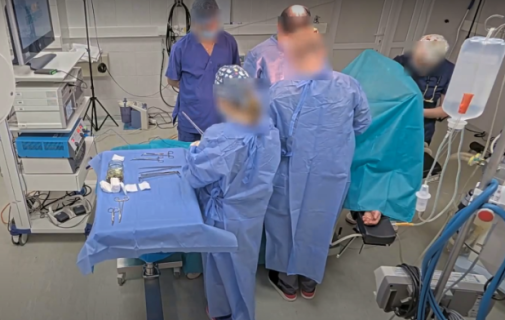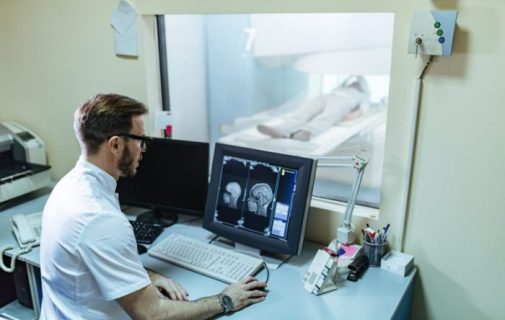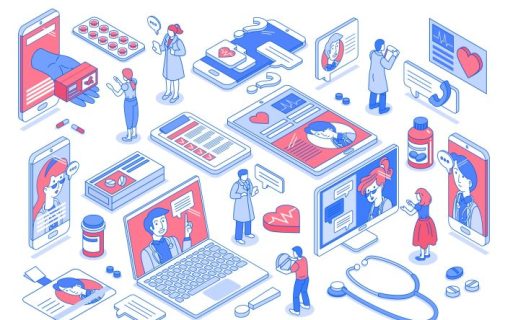As technology continues to evolve, healthcare is undergoing a digital transformation, with hospitals increasingly adopting advanced technologies. At the forefront of this revolution is artificial intelligence (AI), which promises to reshape the landscape of digital hospitals. AI has the potential to dramatically improve healthcare delivery, streamline hospital operations, and enhance patient care. Here’s a look at how AI is set to influence the future of digital hospitals.
Enhanced Diagnostics and Personalized Medicine
One of AI’s most profound impacts in hospitals will be in diagnostics. AI-powered tools can analyze vast amounts of medical data, identify patterns, and predict outcomes with greater accuracy than traditional methods. This will allow healthcare providers to make faster, more accurate diagnoses. For example, AI can analyze radiology images to detect tumors, identify fractures, or spot signs of diseases like pneumonia earlier than a human could.
Moreover, AI will drive personalized medicine. By analyzing genetic information and other patient data, AI can recommend tailored treatments that suit an individual’s unique biology. This approach goes beyond the “one-size-fits-all” method, helping to improve patient outcomes and minimize side effects.
Robotic Surgery and Precision Medicine
AI-powered robots are already assisting surgeons in performing complex procedures with more precision, less invasion, and quicker recovery times. In the future, the role of AI in robotic surgery will likely expand. AI algorithms will help guide robotic systems during operations, providing real-time insights that reduce human error and enhance the surgeon’s capabilities.
With precision medicine, AI can analyze a patient’s data to determine the most effective treatment plans. This reduces guesswork and ensures more effective treatments tailored to the patient’s specific needs. AI could also predict potential complications, allowing preventive measures to be taken during or before surgery.
Streamlined Hospital Operations
AI will also have a transformative effect on the administrative and operational side of hospitals. One of the challenges digital hospitals face is managing the vast amounts of data and ensuring that processes run smoothly. AI will play a key role in automating routine tasks, managing patient flow, and optimizing resource allocation.
For example, AI can predict patient admissions, optimize staffing, and ensure the right medical supplies are available when needed. By using predictive analytics, hospitals can also anticipate peak times and adjust their resources accordingly. This level of efficiency will improve patient care while reducing costs.
AI-Driven Patient Monitoring and Predictive Care
Remote patient monitoring will become more advanced with AI. Wearable devices, biosensors, and health monitoring apps are already providing real-time data on patients’ vital signs. AI algorithms can analyze this data to detect anomalies and provide early warnings about potential health issues, such as heart attacks, strokes, or sepsis, enabling quicker intervention.
In digital hospitals of the future, AI will not only monitor patients but also predict their health trajectory. For example, AI can predict when a chronic disease patient might have a relapse or when an elderly patient might need critical care. This predictive capability will shift healthcare from reactive to proactive, leading to better outcomes and fewer hospital readmissions.
Virtual Assistants and Telemedicine
AI-driven virtual assistants and chatbots will transform how patients interact with healthcare services. These virtual assistants can help patients schedule appointments, answer basic medical questions, and provide pre- and post-care instructions. This will free up healthcare staff to focus on more critical tasks.
Telemedicine, which has seen rapid adoption during the COVID-19 pandemic, will continue to expand with AI integration. AI will enable more sophisticated remote consultations by analyzing patient symptoms, assisting doctors in virtual examinations, and even offering diagnostic recommendations.
Data Security and Privacy
Digital hospitals will need to manage enormous amounts of sensitive patient data. AI will enhance data security by identifying vulnerabilities in hospital networks, detecting potential cyber threats, and preventing data breaches. AI algorithms can continuously monitor systems, ensuring that patient information remains safe.
In addition, AI can help hospitals comply with regulations regarding patient privacy (like HIPAA or GDPR) by anonymizing data for research and analysis without compromising confidentiality.
Conclusion
AI is set to be a game-changer for digital hospitals, offering the potential to enhance everything from patient care and diagnostics to hospital operations and security. As AI continues to evolve, its role in healthcare will become even more profound, driving innovations that were once thought to be the stuff of science fiction. The future of healthcare is bright, and digital hospitals will be at the heart of this revolution, ensuring that patients receive the best care possible in an increasingly connected and intelligent world.
Hospitals that embrace AI will be well-positioned to lead the way in this new era of healthcare, providing better outcomes for patients while optimizing efficiency, reducing costs, and advancing the frontiers of medical science. A key player in this transformation is medDARE, whose innovative technologies are instrumental in building the hospitals of the future, integrating AI-driven solutions to create smarter, more responsive healthcare environments. Contact us to learn more about how we can help accelerate your AI success.

